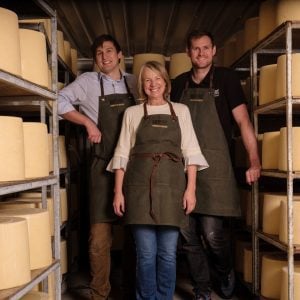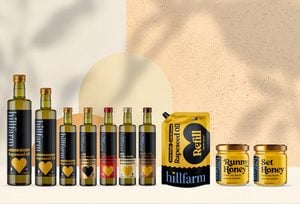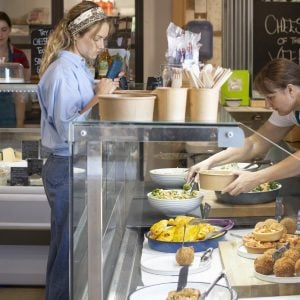
Fine food firms have welcomed plans to tighten labelling requirements for certain produce – but called for a much broader overhaul of packaging rules.
An eight-week Government consultation closing on 7th May proposes a series of measures designed to improve consumer understanding of the journey and production of certain food items.
Respondents to the Fairer Food Labelling Consultation were asked whether there should be mandatory origin information on packaging, if flags should be required, and whether websites and cafés hould have to display these details.
Meanwhile a five-tier label covering production systems for pork, chicken and eggs was proposed.
The consultation says “prepared meals that may contain more than one animal product would be more difficult to label than less processed products”. A such, the Government proposes limiting the scope of the mandatory labelling initiative to unprocessed and “minimally processed” items.
Farm Retail Association chair Emma Mosey said the plan “doesn’t go far enough”.
“It is important to farm shops and farmers markets that their sale of UK and local produce is highlighted and that larger retailers are held to account if they are importing cheaper goods from overseas and not labelling them as such,” she added. “The same is true for the production method and animal welfare standards.
“The Government is only consulting on labelling on the origin of foods, and the production of a small number of animal products.”
Laura Roberts, owner of Laura’s Larder in Kent, expressed disbelief that more heavily processed foods were left out of the labelling proposals.
“It feels like they are targeting those who care most and can afford it least. Mandatory labelling requirements will be expensive, could put people out of business and will affect retailers by increasing time to market and cost.
“This is a missed opportunity to force the larger companies to operate for people’s health rather than profit.”
John Farrand, managing director at the Guild of Fine Food, said the consultation “stopped short” of truly informing the consumer about production methods.
“The story and personality of food and drink has long been on-pack in the specialty sector,” he added. “Structured in the correct way, these latest proposals could go some way to help differentiate mass-production from artisan produce.”
Farrand said the Guild had “long-promoted” transparency on menus, which could “encourage trade between local retailers and foodservice establishments”.
This article first appeared in the May 2024 edition of Fine Food Digest .



